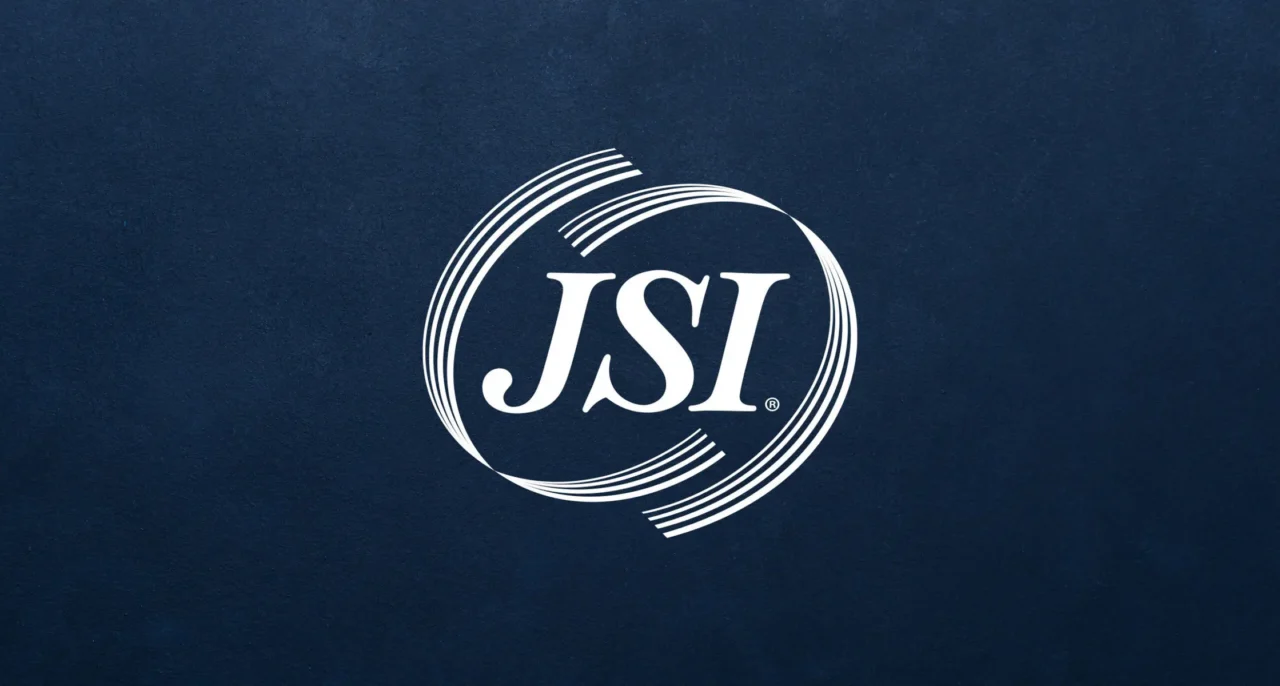
Feds Roll Back Broadband Privacy & Lifeline Broadband ETC Designations

JSI Monitoring Both to Determine How They Affect Clients
As expected, the U.S. House of Representatives followed the Senate’s lead and voted Tuesday to repeal the privacy rules put in place in the FCC’s Broadband Privacy Order enacted in October 2016 by the Obama administration. The bill now goes to President Trump, who is expected to sign it. The repeal removes the rules adopted last year, and because the bill invokes a law called the Congressional Review Act, it would prohibit the FCC from passing similar regulations in the future. This rollback of the rules would result in a re-instatement of old voice-centric CPNI rules that require officer certifications, employee training, record keeping and CPNI-specific opt-in/opt-out notices that had been removed effective January 3, 2017, when certain parts of the 2016 Broadband Privacy Order became effective. At this time, it is unclear what would be required in the future, but JSI is closely monitoring this matter and will advise clients as soon as more information is announced.
These congressional activities follow the recent Stay Order that Chairman Ajit Pai issued, which effectively postponed certain data security measures in the 2016 Broadband Privacy Order that were scheduled to become effective earlier this month (see our March 2 e-Lert). With the anticipated approval of the bill to repeal the Order in its entirety, neither data security nor any other mandates resulting from the 2016 Broadband Privacy Order would be further regulated by the FCC.
Chairman Pai has been outspoken in his dissent of the privacy rules, calling them overreaching and designed to benefit one group over another. He believes that the Federal Trade Commission’s (FTC’s) rules that were in place until last year were effectively policing online companies’ privacy practices. In a statement made yesterday, Pai also said that the FCC and the FTC will work together to continue to protect consumers’ online privacy “through a consistent and comprehensive framework.”
Opponents of this recent development view this as a setback in protecting consumers’ privacy and that Americans will never be safe from having their personal details sold to the highest bidder. They also fear that this latest decision signals a potential rollback of Net Neutrality rules.
The Future of Lifeline for Broadband
Also yesterday, Chairman Pai issued a statement about the future of broadband in the Lifeline program. The Chairman supports including broadband in the federal Lifeline program, but strongly believes that the responsibility for the designation of “Lifeline Broadband Provider” (LBP) belongs to state governments, not the FCC. Pai believes that Congress gave the states, not the FCC, the responsibility to regulate eligible telecommunications carrier (ETC) designations, including LBP ETC designations. At this time, 12 states are challenging the FCC’s Order in the U.S. Court of Appeals, and Pai does not want to waste FCC resources defending what he considers the FCC’s unlawful action in court. Pai has instructed the FCC’s Office of General Counsel to ask the D.C. Circuit Court to send this case back to the Commission for further consideration, and it is anticipated that the FCC will begin a proceeding to eliminate the federal designation process.
Given Pai’s statement, JSI expects that the FCC will not approve any outstanding LBP ETC applications. Instead, companies pursuing Lifeline discount reimbursements for broadband services would have to follow any state-prescribed ETC designation processes.
JSI is working diligently to review both the repeal of the 2016 Broadband Privacy Order and the Lifeline Broadband Provider designation process changes to determine how the changes affect our clients. We will provide ongoing information as further details become available. If you have questions about privacy issues, please contact a member of our team by clicking the button below.
